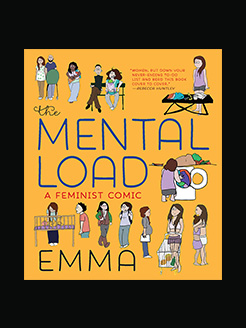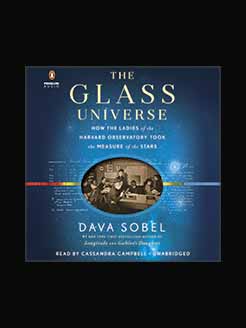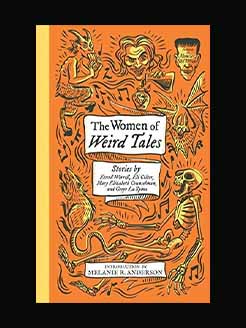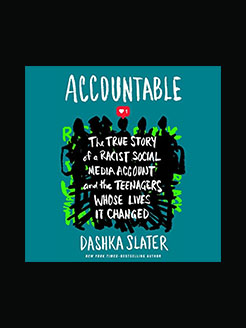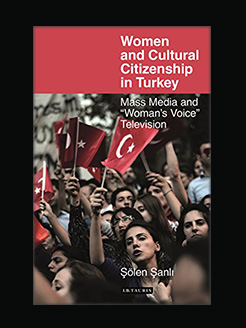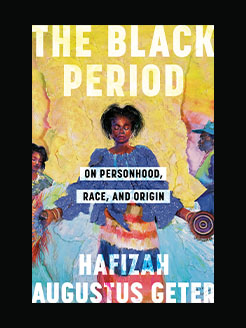Published in 2019
192 pages
DaMaris B. Hill is assistant professor of creative writing and African American and Africana studies at the University of Kentucky. Her previous works are The Fluid Boundaries of Suffrage and Jim Crow: Staking Claims in the American Heartland, and a collection of poetry, \Vi-ze-bel\\Teks-chers\. She has two PhDs, one in English and one in women and gender studies. A former service member of the United States Air Force, she lives in Lexington, Kentucky.
What is this book about?
A revelatory work in the tradition of Claudia Rankine’s Citizen, DaMaris Hill’s searing and powerful narrative-in-verse bears witness to American women of color burdened by incarceration.
It is costly to stay free and appear / sane.
From Harriet Tubman to Assata Shakur, Ida B. Wells to Sandra Bland and Black Lives Matter, black women freedom fighters have braved violence, scorn, despair, and isolation in order to lodge their protests. In A Bound Woman Is a Dangerous Thing, DaMaris Hill honors their experiences with at times harrowing, at times hopeful responses to her heroes, illustrated with black-and-white photographs throughout.
For black American women, the experience of being bound has taken many forms: from the bondage of slavery to the Reconstruction-era criminalization of women; from the brutal constraints of Jim Crow to our own era’s prison industrial complex, where between 1980 and 2014, the number of incarcerated women increased by 700%.* For those women who lived and died resisting the dehumanization of confinement–physical, social, intellectual–the threat of being bound was real, constant, and lethal.
In A Bound Woman Is a Dangerous Thing, Hill presents bitter, unflinching history that artfully captures the personas of these captivating, bound yet unbridled African-American women. Hill’s passionate odes to Zora Neale Hurston, Lucille Clifton, Fannie Lou Hamer, Grace Jones, Eartha Kitt, and others also celebrate the modern-day inheritors of their load and light, binding history, author, and reader in an essential legacy of struggle.
